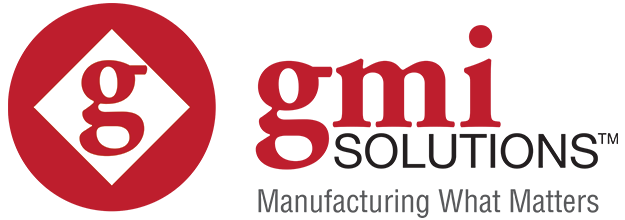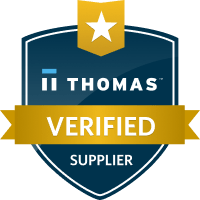3 Questions That Can Help Prevent Common Outsourcing Problems

Written by Hans Dittmar
Quality and reliability are baseline expectations for products that OEMs bring to market. Failure to deliver on either one could erode trust and damage reputations.
Understandably, OEMs seek to build supply chains that help them meet these expectations, and contract manufacturing partnerships that also support cost and time efficiencies.
However, outsourcing production can be tricky. Common problems such as a lack of expertise, misaligned needs and capabilities, or an ineffective corporate structure can blindside OEMs — often at critical points in a project.
Preventing costly surprises requires due diligence in assessing contract manufacturers (CM) and what they bring to the table. But it’s more than an exercise in avoiding red flags. Finding the right fit with an experienced contract manufacturer, such as GMI Solutions, consistently provides top-quality, reliable outcomes in highly regulated industries, and outsourcing peace of mind.
3 Essential Questions for Outsourcing Success
Challenges you may face in working with a contract manufacturer or assembly and integration partner typically revolve around individual product specifics. However, three universal questions merit consideration when trusting your brand to an outsourcing partner.
1. Does the CM have the necessary skills and capabilities?
Assuming alignment between your product needs and an outsourcing supplier’s skills and capabilities can come with consequences. If you engage a high-volume supplier to manufacture your low-volume product, for example, you’ll likely experience issues. Likewise, if your product is complex you need to know whether or not the supplier can manage that complexity within their existing process flow.
Taking a wider view of the CM is a best practice. It will help answer what ancillary experience and services may be accessed to maximize production.
GMI has a proven track record of helping OEMs save time and money through Design for Manufacturability (DfM) expertise. Applying DfM principles early in product design and development opens the door to collaboratively finding and fixing potential challenges well before production starts. Expert DfM guidance and engineering support also optimizes manufacturing efficiencies, reduces design complexities, and identifies the most cost-effective materials and production methods.
As customer demands and markets shift, an outsourcing partner proficient in flexible manufacturing is vital. GMI Solutions’ systems are configured to quickly accommodate changes in product design, type, or quantities. Flexible manufacturing versatility allows OEMs to pivot to meet demand without incurring significant downtime or expense and maintaining product quality and integrity.
2. Is the CM’s culture structured to support your goals?
When the supplier has the right people in the right positions, seamless product management typically follows. We’re proud of the GMI culture, and we work very hard to attract associates who are professionals with strong work ethics.
Our average tenure of more than 10 years across all positions is a testament to a culture that actively lives its ethics, priorities, and values. GMI team members are empowered to ethically uphold the GMI promise of quality and reliability to each customer, every time.
Close alignment with a CM’s culture ensures that outsourcing isn’t merely a supplier service. The partnership is a true extension of the OEM.
3. Does the CM have relevant expertise, experience, and references?
A potential outsourcing supplier claiming to have the expertise and experience you’re looking for should also have references to back it up. Case studies that demonstrate the CM’s depth of knowledge, advanced problem-solving skills, and ability to deliver results are valuable.
Equally as insightful are direct conversations with references. Ask for a list and follow up on getting objective feedback about the overall experience in working with the supplier.
The reference list that GMI uses, for example, includes people within companies who are responsible for outsourcing and managing a smooth transition. A number of our references have remained connected to GMI even as they changed employers. Their long-term commitment to a GMI partnership speaks to the trust they place in our people, expertise, and proactive collaborative approach to overcoming complex challenges.
An Inside Look at Outsourcing
OEMs have relied on GMI for outsourced assembly and integration services for more than 30 years. We understand that outsourcing is a critical decision for OEMs, and not every supplier will meet the threshold requirements.
Knowing what questions to ask while initially assessing prospective CMs tends to bring contenders to the top of the list faster and leads to better results. Go deeper in your search with insights found in Outsourcing: The OEM’s Guide to Selecting Contract Manufacturers. Simply click the link below to download your copy.






